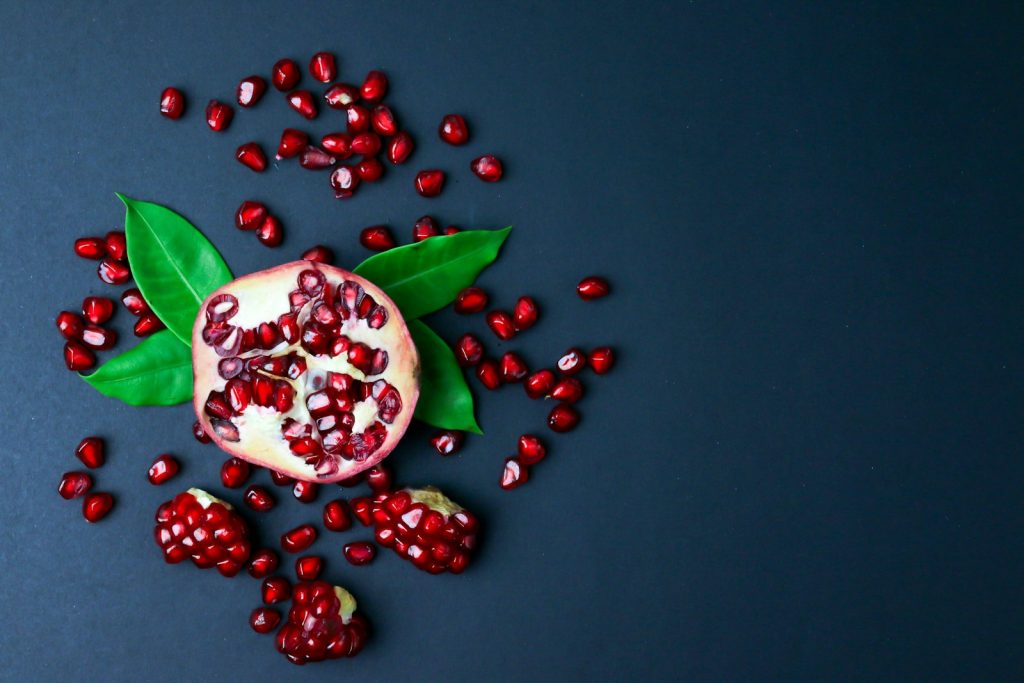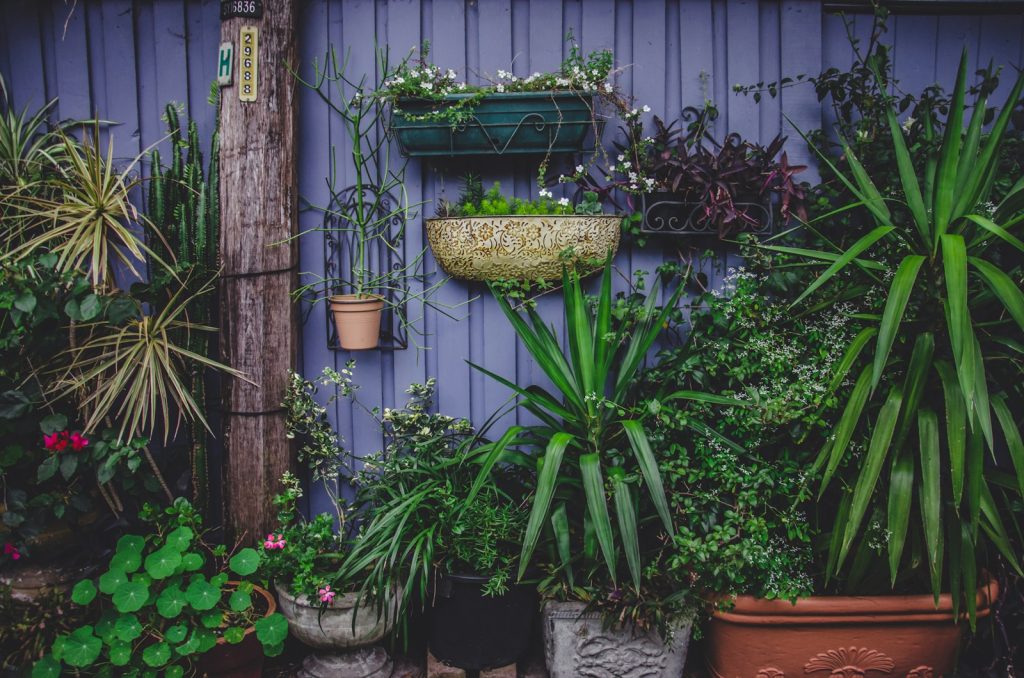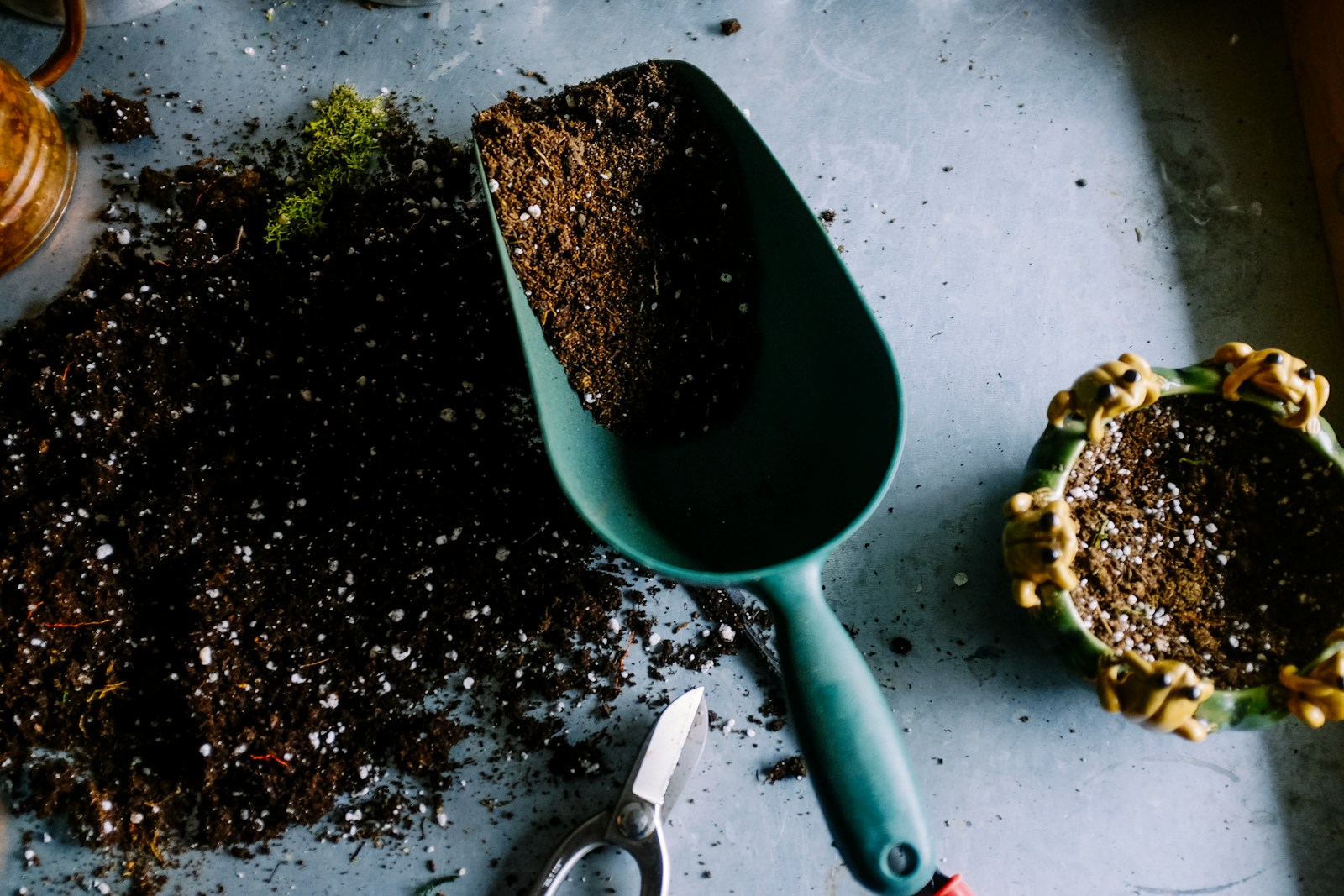Growing your organic fruits, vegetables, and herbs is immensely rewarding but can also be challenging. Fortunately, plenty of clever organic gardening hacks can make cultivating your garden easier and more productive. From DIY pest deterrents to soil-boosting tricks, these brilliant tips will have you gardening like a pro in no time.
Why Garden the Organic Way?
Before diving into all the helpful organic gardening tips and tricks, let’s quickly review why going the chemical-free route is so advantageous:
A. Benefits for Personal Health
Organic gardening avoids the use of synthetic pesticides, herbicides, and fertilizers. This reduces your exposure to potentially toxic chemicals that could have ill effects like cancer, reproductive issues, and neurological problems with repeated exposure.
The organic approach also produces more nutrient-dense fruits and veggies than conventional growing.
B. Environmental Advantages
Not using synthetic substances prevents contamination and pollution of local water sources and soil. Organic practices like composting and cover cropping build healthy, biologically active soil that is more drought-resistant.
Organic gardens are biodiversity hotspots, providing habitat for various pollinators, beneficial insects, and wildlife.
C. Economic Value
While organic gardening involves upfront investments, the lack of yearly costs for pesticides, fertilizers, and other inputs saves much money over time. The natural soil fertility you build also increases yields, productivity, and potential profits.
D. Community Impacts
Community gardens using organic methods provide green gathering spaces, education opportunities, improved food access in food deserts, and stronger social cohesion between neighbors.
With so many upsides, it’s easy to see why the organic approach is ideal for the home gardener. Now, let’s explore many clever hacks for a thriving, chemical-free gardening experience!
Budget-Friendly Organic Gardening Hacks
A. Homemade Pest Control Sprays
Why spend money on expensive pesticides when you can whip up effective, organic pest control sprays from kitchen ingredients? Some great homemade recipes include:
- Neem Oil Spray – Blend neem oil, dish soap, and water to deter pests like aphids and spider mites
- Garlic Spray – Puree garlic cloves in water and strain; spritz on plants to repel borers and fruit flies
Pepper Spray – Mix hot sauce or cayenne with dish soap and water for an anti-pest foliar spray
B. Reuse Common Household Items
Get creative and repurpose items you already have at home for clever gardening use, such as:
- Plastic bottles and jugs for DIY drip irrigation
- Cardboard rolls as seed starters
- Pantyhose pouches for growing herbs
- Aluminum pans and cans for crafty planters
C. Grow from Seed Starters
Buying plants can be expensive. An easy hack is to start seeds in recycled containers like toilet paper rolls, eggshells, or yogurt cups to get seedlings for free. Just be sure to use an organic seed-starting mix.

D. Make Your Potting Mix
Speaking of potting soil, you can make your nutrient-rich organic mix at home by combining:
- 1 part compost
- 1 part peat moss or coir
- 1 part vermiculite and/or perlite
- Optionally add bone meal, greensand, or other organic amendments
This DIY potting mix allows you to control the quality of ingredients versus store-bought mixes.
Clever Planting and Gardening Techniques
A. Companion Planting
This ancient practice of planting specific crops together creates beneficial relationships. For example:
- Basil alongside tomatoes can deter pests and increase growth
- Marigolds planted with vegetables help repel nematodes
- Planting chives around fruit trees deters orchard pests
Other smart pairings include carrots with rosemary, beets with mint, and peas with spinach or lettuce.
B. Raised Bed Gardens
Raised beds improve soil quality, moisture control, accessibility, and pest prevention. Materials like untreated wood, repurposed logs, bricks, or concrete blocks work great for raised bed edging.
C. Vertical Gardening
Optimize your space with vertical gardening structures like trellises, cages, hanging baskets, and shelves. Vining crops like cucumbers, peas, and tomatoes thrive growing vertically.

D. Crop Rotation
This vital organic technique of rotating types of crops grown in the same location each year helps prevent pests, disease, and nutrient depletion in your beds. A simple 4-year rotation is:
- Year 1: Tomatoes, peppers
- Year 2: Squash, melons
- Year 3: Legumes like peas, beans
- Year 4: Root crops like beets, carrots
Smart Organic Soil Management
A. Composting Tips
Well-aged compost is an organic gardener’s best friend for nutrient-rich soil. Optimize your compost by:
- Maintaining a 25:1 carbon: nitrogen ratio
- Using both “green” (nitrogen) and “brown” (carbon) materials
- Aerating or turning the pile regularly
- Adding redworms for faster decomposition
B. Cover Cropping
Also called “green manure,” cover crops like clover, rye, or buckwheat improve soil when tilled under. They:
- Suppress weeds by out-competing them
- Add organic matter back to the soil
- Help fix nitrogen levels
- Prevent erosion during the off-season
C. Using Mulch Effectively
A 2-4 inch layer of organic mulch like wood chips, leaves, or straw provides multiple benefits:
- Retaining moisture in the soil
- Preventing weed growth
- Slowly adding nutrients back to the soil as it decomposes
- Replenish mulch annually for best results.
D. Testing Your Soil
Aim for a slightly acidic soil pH between 6.0 to 7.0 for best plant growth. Use an inexpensive home test kit to measure your soil quality, then adjust accordingly by amending it with lime, sulfur, or other organic additives.
Conclusion: Organic Gardening Hacks
Implementing even a few of these brilliant organic gardening hacks and tips can streamline your efforts while maximizing your yields and garden vibrancy. From DIY pest deterrents to simplified planting techniques, getting clever with sustainable tactics elevates your gardening game.
The true beauty of the organic approach lies in working harmoniously with nature’s rhythms rather than attempting to overpower them through synthetic, harsh chemicals. With patience, observation, and application of these natural gardening principles, you’ll be rewarded with bountiful harvests of nutrient-dense fruits and veggies.
Don’t be intimidated by organic gardening myths of difficulty or low productivity. With these smart hacks, you’re well-equipped to experience the profound advantages and satisfaction of cultivating an eco-friendly garden oasis. So have fun getting creative, experimenting with Mother Nature’s genius, and enjoying the delicious, sustainable results!
Frequently Asked Questions: Organic Gardening Hacks
Q: How can I deter pests without synthetic insecticides?
A: Make homemade insecticidal sprays from neem oil, garlic, hot peppers, or soap. Attract beneficial predator insects, handpick pests, and implement crop rotation too.
Q: Is it cheaper to garden organically?
A: While starting an organic garden does have upfront costs, you’ll save significant money over time by not purchasing synthetic fertilizers, pesticides, and other inputs year after year. Making your compost, potting mix, and pest control is very economical.
Q: How do I build fertile soil for my organic garden?
A: Focus on amending your soil with compost and aged manures, practicing no-till methods, using mulch, cover cropping, and crop rotation. This adds vital organic matter.
Q: What if I have limited space for a garden?
A: Get creative with vertical gardening, raised beds, containers, and compact plant spacing. Many veggies and herbs can be grown in small areas.
Q: Is it difficult to start gardening organically?
A: Any new gardening method has a learning curve, but going organic is manageable by implementing sustainable practices like composting, mulching, and companion planting. Start small and be patient as your skills and soil develop.
Q: How do I attract pollinators and beneficial insects?
A: Plant varieties of flowering herbs and make areas for nesting sites, such as bushes or bundles of bamboo segments. These will provide natural pest control.
Q: What crops are best for an organic vegetable garden?
A: Some top choices are tomatoes, peppers, leafy greens, root crops like carrots and beets, peas, beans, squash, cucumber and herbs. Opt for organic, heirloom seeds.
Q: Is organic produce really more nutritious?
A: Yes, numerous scientific studies confirm that organically grown fruits and veggies contain more antioxidants, vitamins, and minerals than conventional ones.

Leave a Reply